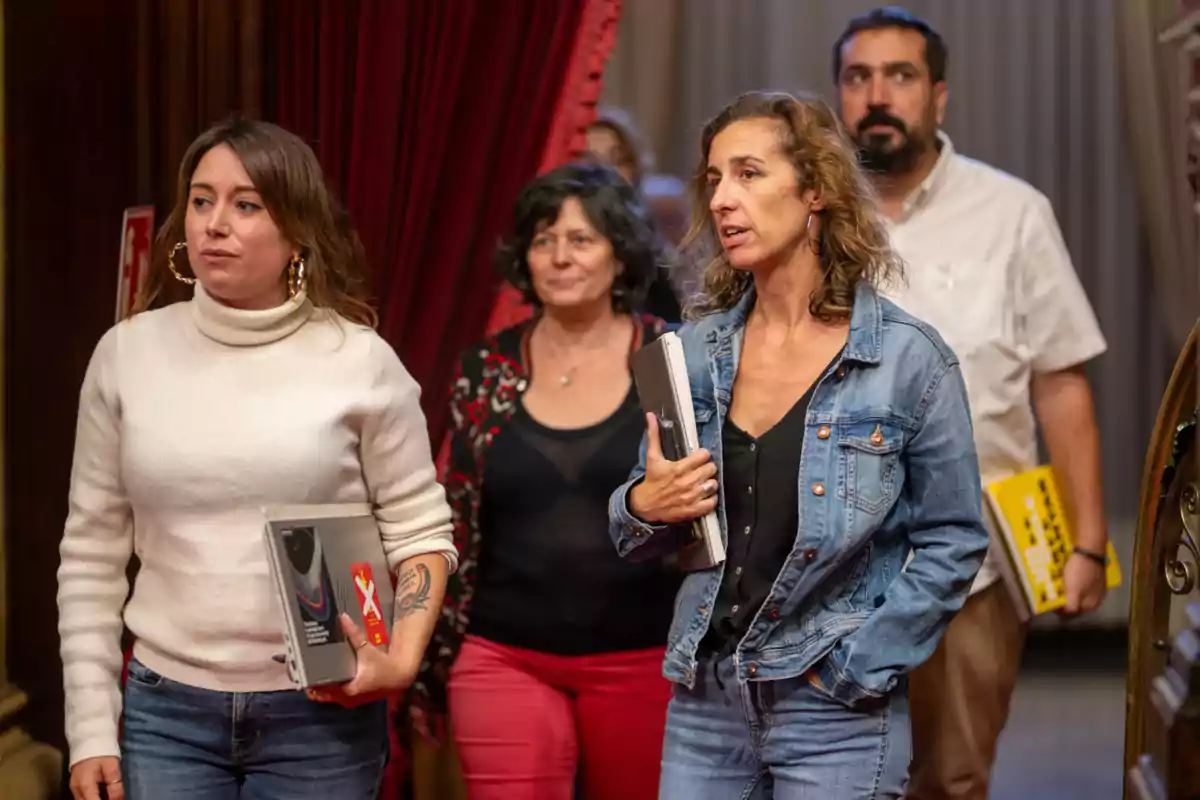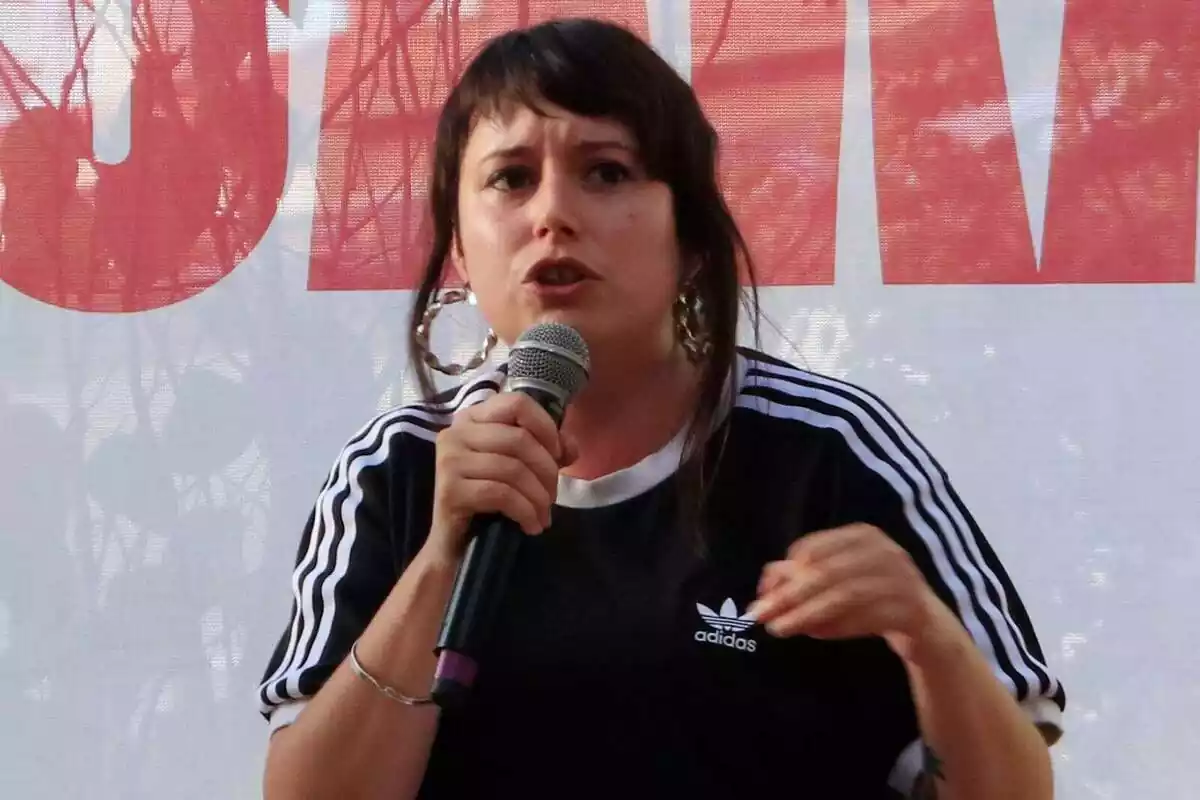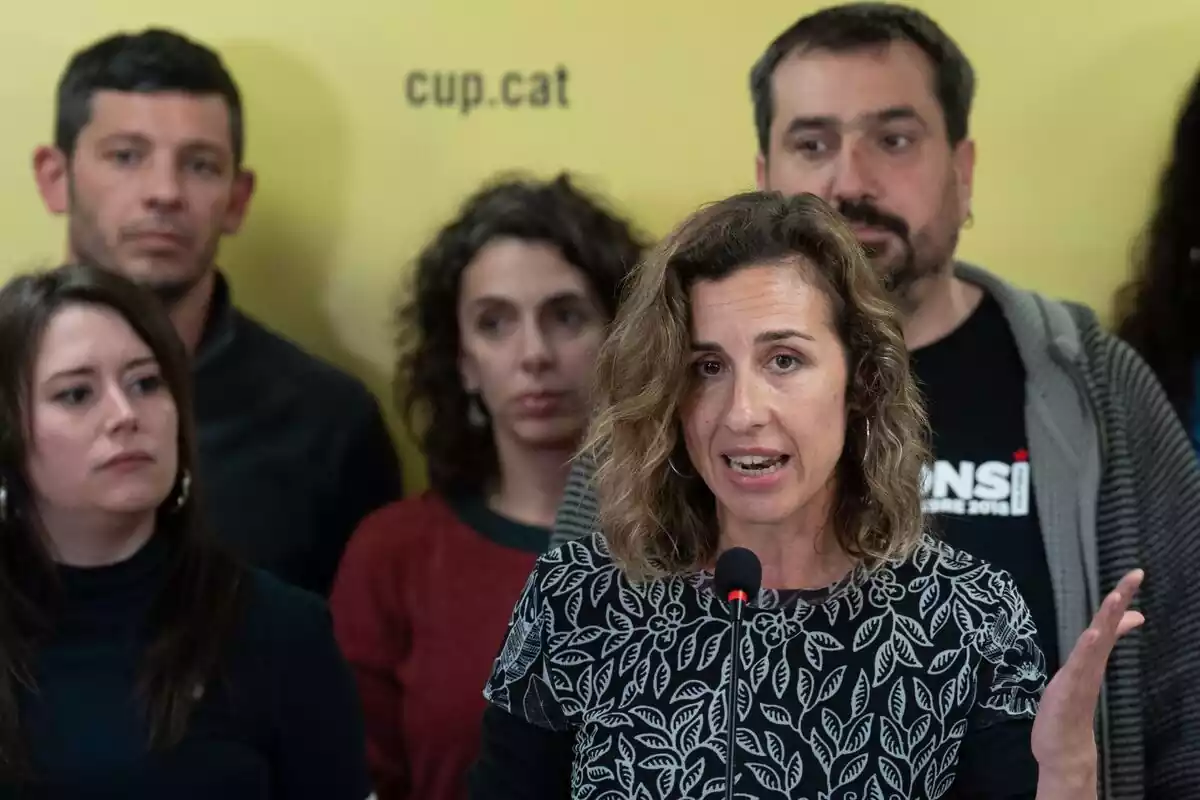
CUP's strategic shift to end up like a new ERC
Anticapitalists and Republicans compete for the same prize: presenting themselves as the most useful crutch for PSC
With the usual hallmark of the house, the end of the 'Procés Garbí' of the CUP was wrapped in many concepts and difficult words. But the truth is that the CUP did something as simple as abandoning a strategy that wasn't working and trying another one. The strategy they are now trying consists of not self-marginalizing in the name of "anti-capitalist struggle" or things like that.
This translates into acting as just another partitocratic institution. In the case of the CUP, we have seen changes in the leadership, creation of platforms (like 'Nexe Nacional'), modifications in communication and alliances with other parties. Due to circumstantial reasons, these alliances result in being another crutch for PSC.
In this context, the CUP wants to sell the idea that, from within the institutions, it's easier to carry out a revolutionary transformation, anti-capitalist, socialist, etc. Meanwhile, the establishment gives them airtime on radios, televisions, and newspapers, and publicizes their usual performances, like applauding violence against the Mossos. In other words, the CUP asks for their space and the establishment, now supported by PSC, gives them what they deem appropriate.

This explains, for example, that the new known face of the CUP is Laure Vega, and not Laia Estrada, the latter being the author of the phrase "the PSC[of Illa]most right-wing and Spanishist in history". This is no surprise if we consider that successful parties are characterized by silencing voices and seeking ideological uniformity. And now, on important issues, like BBVA's takeover bid for Sabadell, Vega speaks, who yesterday demanded a "Catalan public bank" in Parliament:
Ultimately, the CUP is not interested in getting entangled again in the plurality of voices and assemblies. Quite the opposite: the CUP continues with their intention to influence PSC's Govern to later sell that influence as decisive. Also yesterday, for example, Dani Cornellà, CUP's deputy in Parliament, invited President Illa not to change his stance on nuclear energy:
The problem with this strategy
The strategy of becoming a normal party has a deep drawback: there is a lot of competition. Although the "sovereignist left" claims to seek unity, the truth is that they have to fight among themselves to get a piece of the pie. Because, leaving aside PSC, in the Catalan woke left there are now three parties: ERC, Comuns, and CUP.
Moreover, these three parties have the aggravating factor of competing for a political space that is not only small but increasingly smaller. And with the housing crisis, the increase in insecurity, and immigration, the Catalan left has already lost its moment. Again, this is nothing extraordinary: the public trusted them for a few years until they stopped doing so.

As far as the CUP is concerned, the anti-capitalists act 'de facto' as ERC's competition. In fact, their communication strategy is identical: making it seem that, thanks to their pressure, they direct PSC's action. ERC, for example, does this with singular financing or the transfer of Rodalies.
In conclusion, it is confirmed that this is a legislature of reorganization after the storm that was the procés. The next regional (and municipal) elections will be key to refining Catalan politics.
More posts: